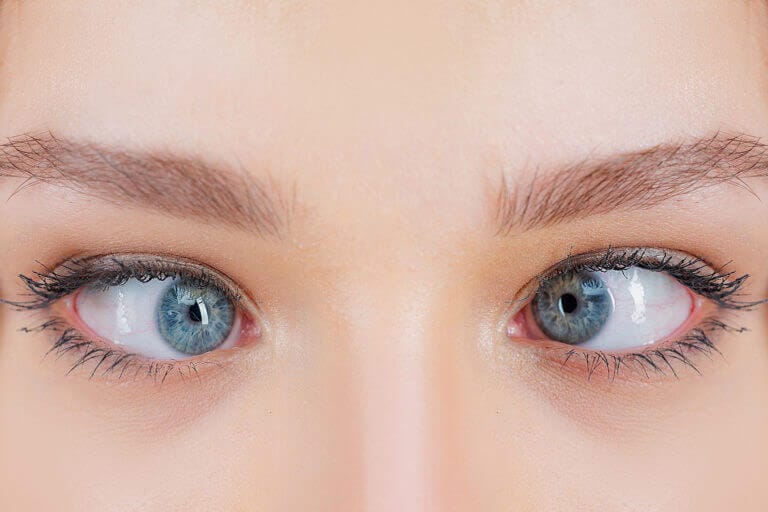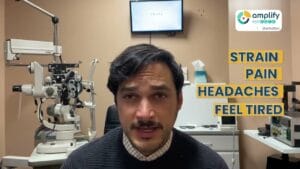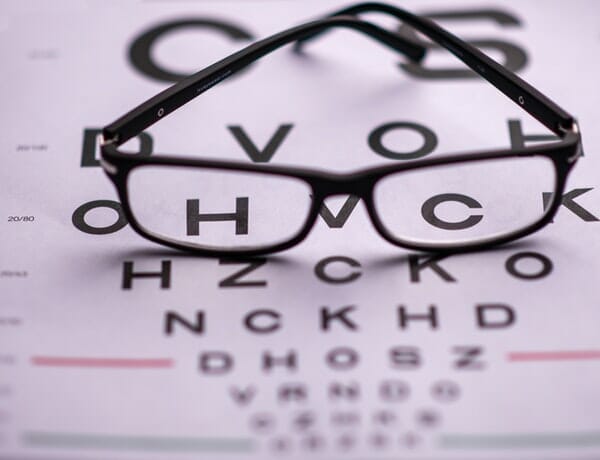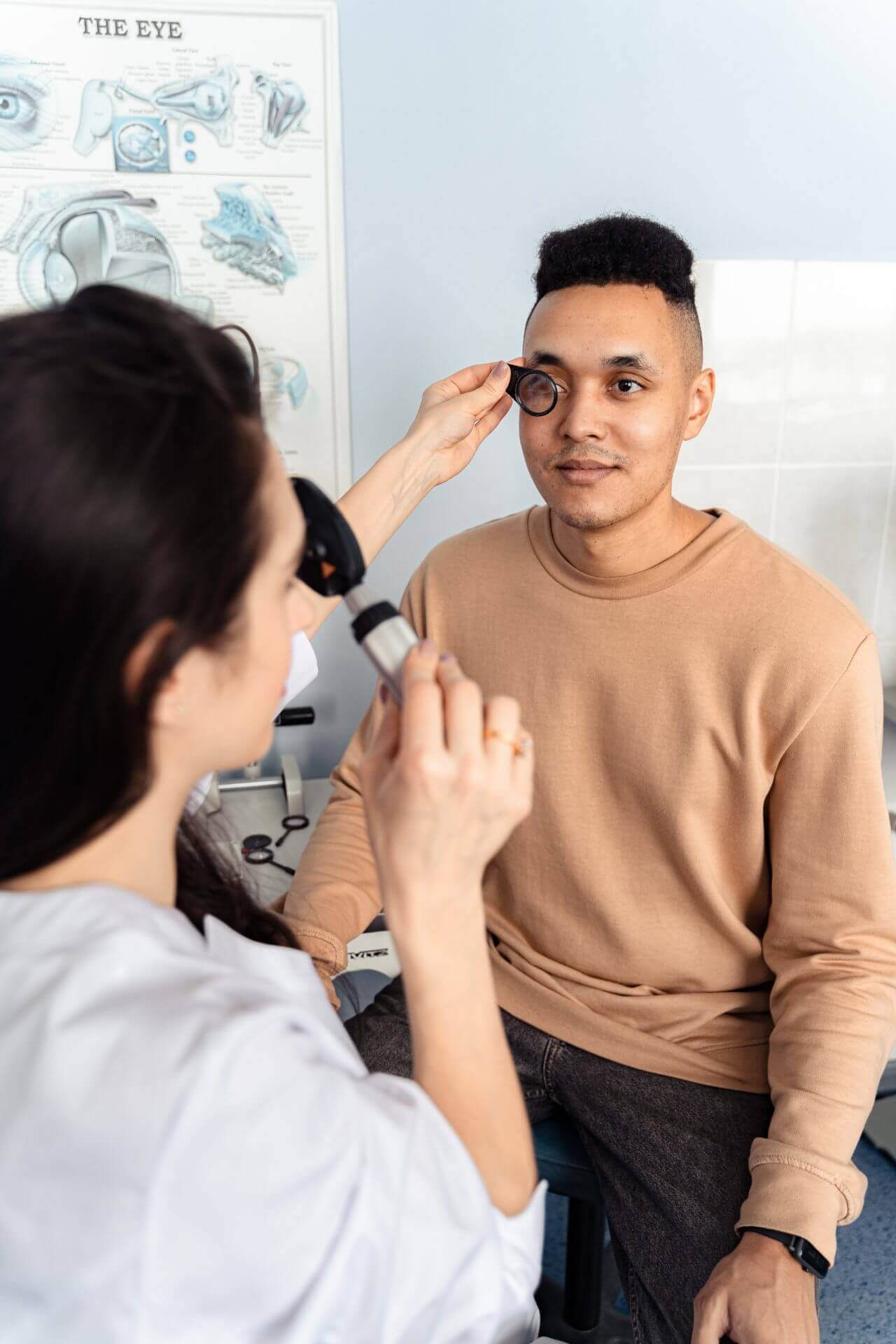Effective Treatment Options for Convergence Excess
Convergence excess can be a challenging condition to manage. Fortunately, there are a range of treatment options available that can help alleviate symptoms and improve visual function. The Convergence Insufficiency Treatment Trial (CITT) showed that in-office vision therapy was the most effective treatment. In some cases our optometrist may discuss other treatment options, here are some of the treatment options that we may recommend:
Vision therapy
Vision therapy is a customized program of exercises and activities designed to improve the function of the visual system, including eye teaming and focusing skills. Vision therapy may be prescribed to help reduce symptoms of convergence excess.
Prism lenses
Prism lenses are designed to alter the way light enters the eyes, which can help alleviate symptoms of convergence excess. Prism lenses can be prescribed for eyeglasses or contact lenses.
Reading glasses
Reading glasses may be prescribed to help alleviate symptoms of convergence excess when reading or doing close work.
Pencil pushups
Pencil pushups are a type of vision therapy exercise that involves focusing on a small object, such as a pencil tip, held at arm's length and then gradually moving the object closer to the face. This exercise can help improve eye teaming and focusing skills, however is not as effective as in-office vision therapy according to the The Convergence Insufficiency Treatment Trial (CITT). Learn more about The Convergence Insufficiency Treatment Trial (CITT) here.
Computer glasses
Computer glasses may be prescribed to help alleviate symptoms of convergence excess when using a computer or other digital devices.
Lifestyle modifications
Making lifestyle modifications, such as taking breaks when reading or doing close work, can also help reduce symptoms of convergence excess.
Surgery
In rare cases, surgery may be recommended to correct a muscle imbalance that is contributing to convergence excess. This option is typically reserved for cases in which other treatment options have been unsuccessful.
It is important to note that the most effective treatment plan for convergence excess will vary depending on the individual patient's needs and symptoms. We will work with you to develop a customized treatment plan that is designed to alleviate your symptoms and improve your visual function.






















